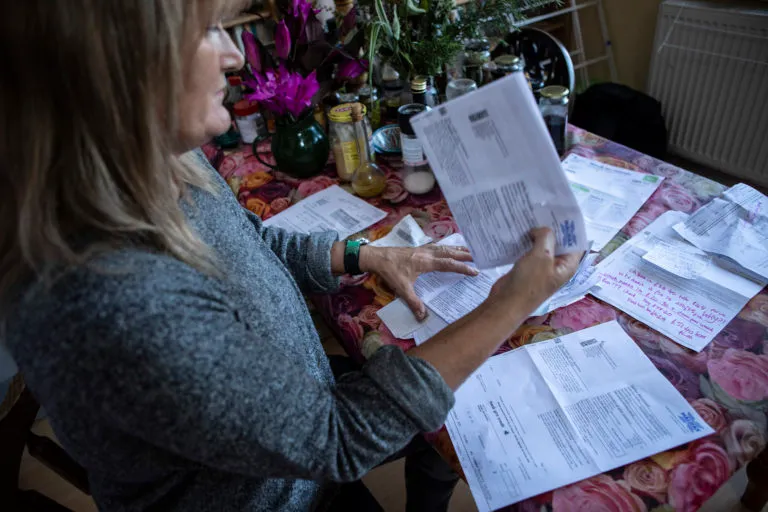People losing work are being pitched into destitution: the government must lift the benefit cap
Published: by Jenny Pennington

Last week, the work and pensions select committee published a review into the department’s response to the coronavirus (COVID-19) pandemic. The committee highlighted an area in need of urgent attention: the benefit cap.
In May, we warned how this relic of the benefit system is undermining the government’s good work. We also showed how this policy leaves some families without enough money to cover even basics – like rent, bills and food. Leading to them facing homelessness, debt, and/ or poor health.
The committee’s review shows that many other organisations are as concerned as us about the effects of the cap. Worryingly, it also shared evidence from people who are already impacted by the cap after losing work due to the pandemic.
We share these experiences below and urge the government to heed these warning signs, and make sure that people can stay safe in their homes by lifting the cap for at least the next 12 months.
Tens of thousands of families are finding that the benefit cap means they can’t access the essential extra support put in place to keep families afloat during the pandemic. As one person who contacted the committee explained:
I am missing out on the benefit increase during the coronavirus crisis because of the benefit cap. Therefore it doesn’t make a difference to me unless the cap is lifted or the amount is increased.
The review also shows that some people are newly affected after losing work.
The government reassured the committee (and Shelter) that the number of people who will be affected by the cap after losing their job due to the lockdown would be ‘very small’.
But worryingly, the committee found that this is based on little evidence. And heard from many people who are being affected now – showing how families can go from stable employment to destitution, overnight.
People who had even a short gap in employment in the last year (for example people who take a break in January as their retail, construction or hospitality work slows) are at risk. Some people have been working consistently but no longer have enough hours to ‘count’ as a worker under benefit cap rules:
I have been laid off one of my jobs due to COVID-19, I am still working as health and social care worker but because I have 3 children and my rent is so expensive, I am benefit capped because I don’t earn enough to avoid the cap.
The impact of a decrease in hours (a common occurrence as employers deal with the current situation) can be devastating. As one person shared with the committee, not only has he lost work due to the pandemic, but as a result of losing hours, he has also become liable for the cap, which has removed hundreds of pounds in benefits. His experience illustrates how, perversely, the benefit cap is removing support at the point that families need it the most.
I usually earn enough to remove the benefit cap but because my work has shut down, my earnings have gone down and now I have been hit with the cap. I have now lost out on nearly £800 of money that would have covered all my bills and food shopping.
Some people who responded said that this was the first time they had ever claimed benefits, and that doing so had caused them unexpected hardship.
As a family with 3 children where both parents normally work we have been left in hardship and needed to use a food bank for the first time ever.
Even before lockdown, the benefit cap already impacted 79,000 households in Great Britain. This figure will have grown as benefit amounts have increased and demand for Universal Credit has skyrocketed. A conservative estimate is that a third of private rented households (in addition to the majority of social renting households) now rely on housing benefit to pay their rent. This growth shows no signs of stopping as we start to see the economic impact of the public health crisis.
As the report makes clear, it’s not just families living in expensive areas who have their benefits limited by the cap. The benefit cap is so low that even small families living in more affordable areas will lose out on the support they need and are entitled to. A couple with two children in a two-bed home would be at risk in more than 8 in ten areas of England.
The benefit cap is already causing hardship to tens of thousands of families. If the country is to recover from the pandemic without huge numbers becoming homeless, the government must start by lifting the cap for at least the next 12 months.
Add your name to our call for the government to ensure everyone has a safe home during the crisis.